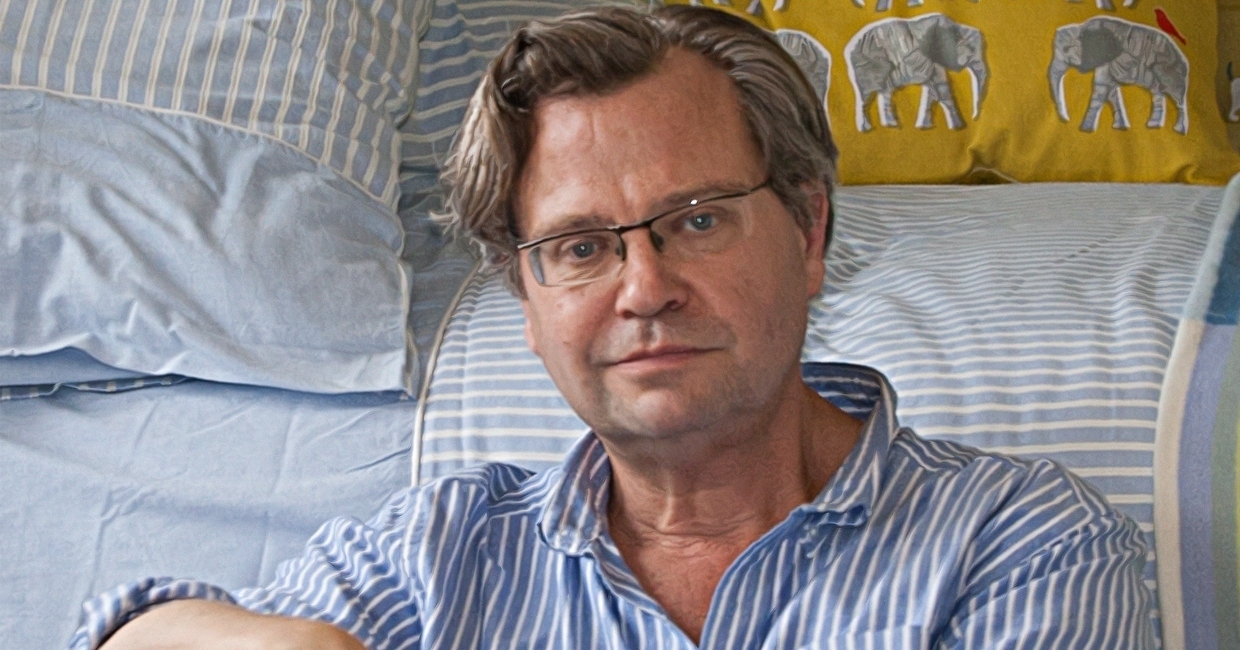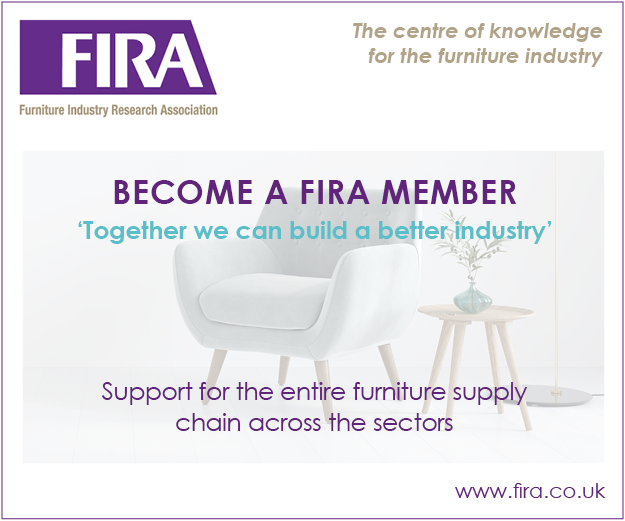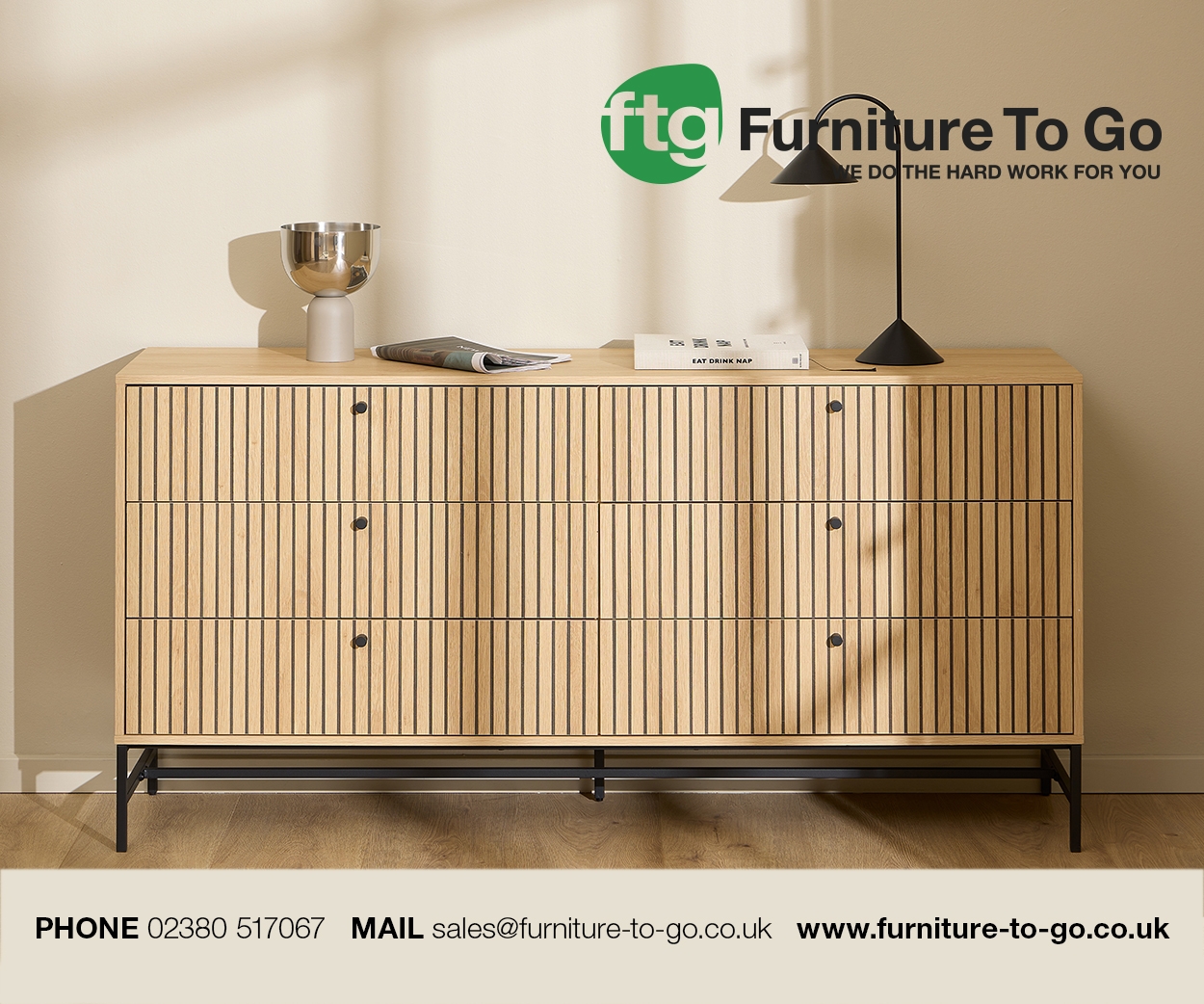Children’s furniture brand Little Folks Furniture offers well-made product that’s manufactured and designed in the UK. With operational and warehouse facilities in Wiltshire, Little Folks Furniture rigorously tests products in-house to create ranges that meet exacting safety standards. Furniture News asked co-founder Christopher Lusty to reveal all …
How did you enter the trade?
I’ve been designing and manufacturing nursery and children’s furniture for over 25 years. Manufacturing baby cots and furniture uses specialist knowledge due to safety standards, and to do this we had to develop new factories and introduce new technologies and quality control systems.
We became one of the principal suppliers to the retail high street – but when I was in the States I noticed there was a well-defined market for children’s furniture, and nothing like it in the UK.
So we developed projects with the likes of Mothercare and John Lewis, and proved there was an enthusiastic market for product other than cheap pine bunks. I developed a direct-to-consumer brand alongside (Aspace/AspaceBaby), which confirmed the demand for well-designed, proper furniture for children.
Who was your inspiration?
This was not my initial career choice, and, almost perversely, my inspiration was my father. He had exposed me to manufacturing during holiday jobs, and also had an incredible mindset when it came to technical and manufacturing development.
Perhaps the most extraordinary demonstration was that he invented electrostatic painting for the woodworking industry. The principle is that you pass an electric current through the material and it attracts paint. Of course everyone said “but wood does not conduct electricity”. His reply was “It does if you put 80,000 volts through it,” and so the first electrostatic plant was built in the East End of London.
Many of the factories we work with today use this technology – which really hasn’t changed much in the last 40 years. But he understood that the product needed to work properly (he was an engineer after all), and was also instrumental in the development of safety standards. I think I added a design aesthetic to some of those core disciplines.
What was your career high point?
My ‘corporate’ answer would be working with a team at Mothercare to genuinely develop better product with a sustainability/ethical agenda, and proving that you could increase market share.
My left-field answer would be starting in Zimbabwe with little more than an aircraft hangar – plus great people and local resources – and ending up with a highly proficient string of factories making everything from high-end kitchen doors to baby cots. Sadly, politics overtook us.
… and low point?
I think it was the realisation in the early Noughties that everyone was going to have a go at sourcing directly, and principally out of China. It confirmed that so much of the value added by good design, development and sourcing groups was, in fact, not valued at all. It led to much more generic product, and in many respects a dumbing down of the offer.
… and the turning point?
Having a go at our own small retail operation, which was Aspace. It was a completely new experience and I got to work with some great new people.
Describe a typical working day
We’re a relatively small team of experts – technical/manufacturing, sourcing, supply chain management, IT and marketing, and creative heads. And we’ve been together on and off for many years, so not only is the management of the business quite flat, but there’s quite a bit of shorthand in communication.
There’s also quite a lot of crossover, and we all try and invest in moving the business forward – especially when it comes to market research and product development.
Our sourcing operation is based in Slovenia, where we have close access to some of the best and most established factories – and, most importantly, beautiful wood! So there will be calls with the office first thing in the morning, and reviews of factories, quality inspections, etc.
We have developed some quite detailed and specific reporting suites, and we use these to inform weekly reviews of product performance (including testing in our own test house), web stats and sales by channel. We tend to involve some external auditing as a check that we are focusing on the right detail.
There will also be regular reviews of product development and the creative work in the studio – generating fresh visual collateral is critical for the Little Folks website, and for all retailers who offer the brand.
If you had to start over, you’d probably pursue which career?
I started by training to be a doctor, and was a bit of an academic. So I’ve changed career already – and don’t plan to do it again.
What date on the business calendar do you most look forward to?
I have been extremely lucky in that I have been able to work all over the world and experience many different ways of doing things – so I don’t look forward to a date as such, but to getting out there, wherever it may be, and seeing what we can do.
What is the most important issue affecting your business right now?
I think there is a dangerous cocktail in the digital versus bricks-and-mortar conundrum, and a general catharsis in the shadow of the Brexit process, and as a result not a lot of decisionmaking or consideration of newness. This is tough for a new brand – particularly when we obviously believe we have product which can excite the market and is clearly missing from the offer at the moment.
What company do you most look up to?
If I look at retailers, then I would refer to a couple. Firstly, Barker and Stonehouse. The pundits say that if you are going to get footfall into a retail space then you have to offer an experience. I know that remark is set in a wider context, but I think Barker and Stonehouse provide an incredible shopping environment.
Secondly I would name Neptune – for their absolute consistency of style and message.
What would you most like to change about yourself?
I tend to try and understand – or get involved in – almost every aspect of business, and be quite hands-on. However, I am learning to step back more – especially as I am now helping a number of other businesses, and I have to condense my input and make sure that input is relevant and counts.
What do you enjoy most about working in the trade?
I think it goes back to my earlier comment that what I do has taken me all over the world and given me extraordinary experiences. I have always been pretty passionate about wood – and so there is always a subtext to my travelling where I am going to places that have huge natural resources, and in which we must ensure sustainability and good practise, as well as support the development of local industry.
This interview was published in the February 2018 issue of Furniture News magazine.











